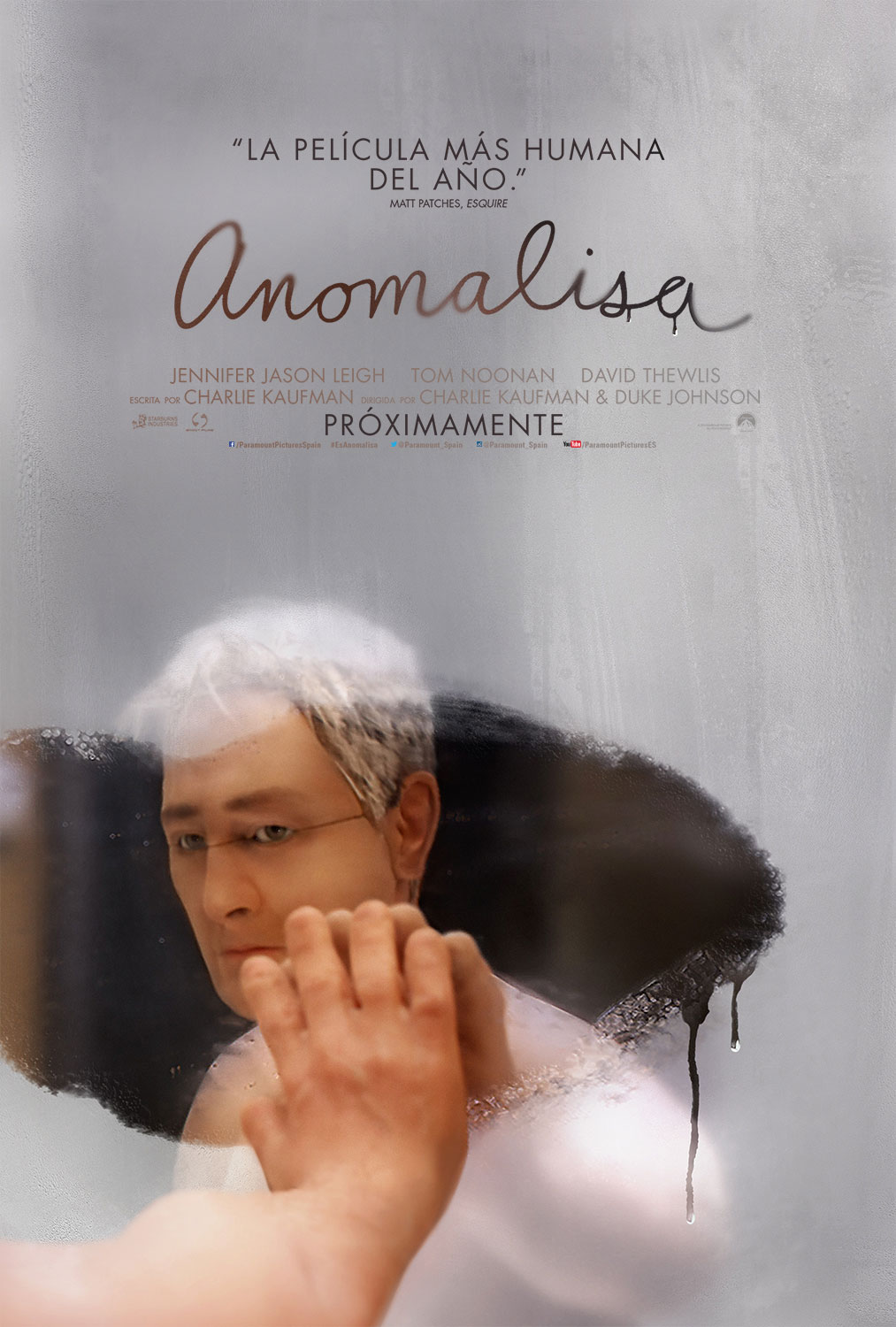

Conversely, he states that the Catholic faith binds individuals stronger together and builds strong social ties, decreasing the risk of suicide and alienation. Durkheim found that Protestant communities have noticeably higher suicide rates than Catholic ones, and justified it with individualism and lack of social cohesion prevalent amongst Protestants, creating poorly integrated society and making Protestants less likely to develop close communal ties that would be crucial in times of hardship. However, such normlessness or norm-rigidity was a symptom of anomie, caused by the lack of differential adaptation that would enable norms to evolve naturally due to self-regulation, either to develop norms where none existed or to change norms that had become rigid and obsolete.

Later in 1897, in his studies of suicide, Durkheim associated anomie to the influence of a lack of norms or norms that were too rigid. economics) due to the necessity of a prolonged buildup of sufficient force or momentum to overcome the inertia. More specifically, its resistance to change causes disruptive cycles of collective behavior (e.g.

Accordingly, production becomes unbridled and unregulated.ĭurkheim's use of anomie was in regards to the phenomenon of industrialization-mass- regimentation that could not adapt due to its own inertia. He can no longer see its limits, since it is, so to speak limitless. The producer can no longer embrace the market at a glance, nor even in thought. Equilibrium is established without any trouble and production regulates itself.ĭurkheim contrasted the condition of anomie as being the result of a malfunction of organic solidarity after the transition to mechanical solidarity: : 368–369īut on the contrary, if some opaque environment is interposed. Producers, being near consumers, can easily reckon the extent of the needs to be satisfied. : 182–183 When solidarity is organic, anomie is impossible, as sensitivity to mutual needs promotes evolution in the division of labour: : 368–369 He contrasted this with the self-regulating behaviour of a division of labour based on differences in constituency, equated to organic solidarity, whose lack of inertia made it sensitive to needed changes.ĭurkheim observed that the conflict between the evolved organic division of labour and the homogeneous mechanical type was such that one could not exist in the presence of the other. He equated homogeneous (redundant) skills to mechanical solidarity whose inertia hindered adaptation. In 1893, Durkheim introduced the concept of anomie to describe the mismatch of collective guild labour to evolving societal needs when the guild was homogeneous in its constituency. Thus, a society with too much rigidity and little individual discretion could also produce a kind of anomie. anomie is a mismatch, not simply the absence of norms. Most sociologists associate the term with Durkheim, who used the concept to speak of the ways in which an individual's actions are matched, or integrated, with a system of social norms and practices. įor Durkheim, anomie arises more generally from a mismatch between personal or group standards and wider social standards or from the lack of a social ethic, which produces moral deregulation and an absence of legitimate aspirations. Durkheim never used the term normlessness rather, he described anomie as "derangement", and "an insatiable will." Durkheim used the term "the malady of the infinite" because desire without limit can never be fulfilled it only becomes more intense. However, Durkheim first introduced the concept of anomie in his 1893 work The Division of Labour in Society. Émile Durkheim suggested that Protestants exhibited a greater degree of anomie than Catholics. The term, commonly understood to mean normlessness, is believed to have been popularized by French sociologist Émile Durkheim in his influential book Suicide (1897). An example is alienation in a person that can progress into a dysfunctional inability to integrate within normative situations of their social world such as finding a job, achieving success in relationships, etc. Anomie is believed to possibly evolve from conflict of belief systems and causes breakdown of social bonds between an individual and the community (both economic and primary socialization). In sociology, anomie ( / ˈ æ n ə m i/) is a social condition defined by an uprooting or breakdown of any moral values, standards or guidance for individuals to follow.


 0 kommentar(er)
0 kommentar(er)
